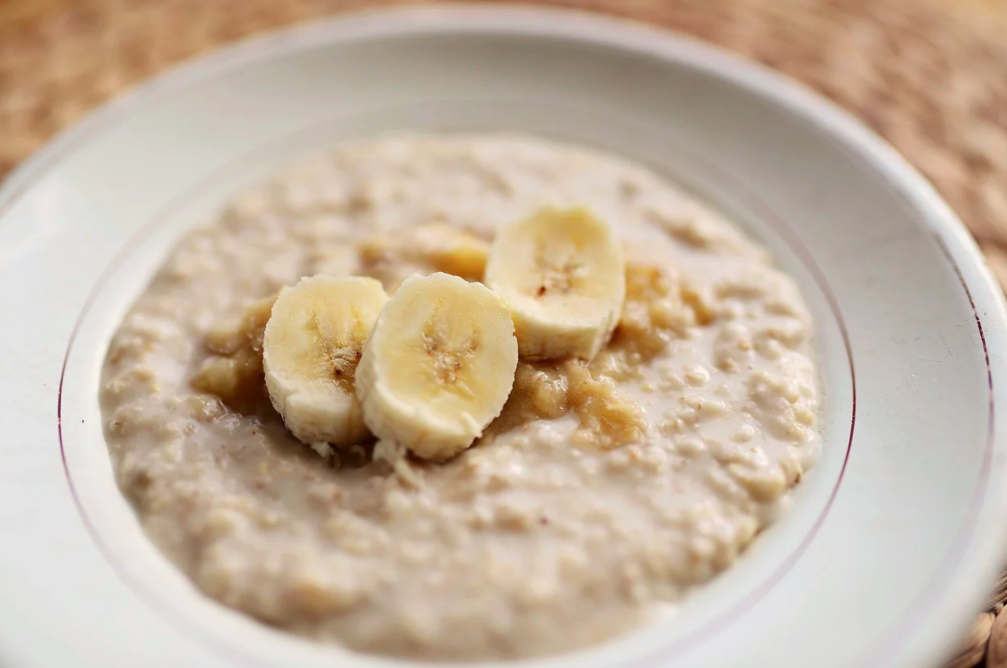If you’ve ever experienced the sudden urge to head to the bathroom right after eating, you’re not alone. It’s a sensation many people have felt, and it can leave you rushing to the restroom just moments after finishing a meal. This phenomenon, known as the gastrocolic reflex, is a natural part of how your body processes food. But what exactly is happening when this occurs? And what can you do to manage it, especially if you also deal with conditions like Irritable Bowel Syndrome (IBS)?
Let’s break it down.
What is the Gastrocolic Reflex?
The gastrocolic reflex is a natural response where your digestive system signals your body to start moving food through your intestines as soon as you eat. This is a normal physiological process, triggered by the stretching of the stomach and intestines when food enters the system. However, for some people, this reflex can be more intense and cause a sudden and urgent need to use the bathroom right after eating.
While it’s common to experience this reflex, if you have IBS or other digestive issues, the urge to go might be more frequent or uncomfortable. In fact, IBS, which affects the colon, can heighten the effects of the gastrocolic reflex, making it even more challenging to manage.
Tips to Manage the Urge to Go After Eating
Fortunately, there are ways to manage this reflex, whether it’s related to IBS or just a heightened sensitivity in your digestive system. Below are some foods, supplements, and lifestyle changes that may help reduce that post-meal urgency:
1. Try a Low-FODMAP Diet
For people with IBS or those who have a sensitive digestive system, following a low-FODMAP diet can help reduce symptoms like bloating, cramping, and diarrhea, which can trigger post-meal bathroom trips. FODMAPs are specific carbohydrates that are difficult to digest and can worsen digestive issues. Foods like oats, quinoa, carrots, and spinach are easy on the digestive system and may reduce the strength of contractions in the colon, according to Dr. Joseph Salhab, a gastrointestinal expert.
2. Bananas for Digestive Comfort
Bananas are known for being gentle on the stomach. They’re rich in soluble fiber, which can help bulk up stool and regulate bowel movements. Additionally, bananas replenish potassium, an electrolyte that supports digestive function. Eating a banana after a meal may help calm your digestive system and reduce the urge to rush to the bathroom.
3. Incorporate Ginger into Your Meals
Ginger has been a go-to remedy for digestive discomfort for centuries. Known for its soothing properties, ginger helps reduce inflammation and can alleviate cramping after eating. Whether it’s fresh ginger in your meals or sipping on ginger tea, this natural remedy can help calm your gut and make the gastrocolic reflex less intense.
4. Add Probiotics with Yogurt
Plain yogurt containing live probiotics supports a healthy gut microbiome. These beneficial bacteria help balance your digestive system and can reduce symptoms of IBS, including the urgency to use the bathroom after eating. Opt for plain yogurt, as it contains the most beneficial strains without added sugars.
5. Aloe Vera for Gut Health
Aloe vera is a natural remedy known for its soothing effects on the digestive system. Drinking aloe vera mixed with water can help regulate bowel movements and reduce inflammation in the gut. It’s often recommended for individuals with IBS or chronic digestive issues. A small amount of aloe vera juice before meals can help prevent the post-meal rush to the restroom.
6. Psyllium Husk Supplements
If you’re looking for a way to improve regularity, psyllium husk is a soluble fiber that can help bulk up stool and promote smoother bowel movements. Taken before meals, psyllium husk can regulate bowel function and help reduce the urgency that often follows eating.
7. Magnesium Citrate for Smooth Digestion
For individuals who experience constipation alongside IBS, magnesium citrate can help relax the muscles in the intestines and promote smoother bowel movements. It helps balance the digestive system without causing diarrhea, making it an effective solution for managing urgency after eating.
8. Digestive Enzyme Supplements
Digestive enzyme supplements can improve the breakdown of food in your system, easing the strain on your digestive tract. These enzymes help the body digest fats, proteins, and carbohydrates more effectively, reducing the chances of experiencing discomfort and urgency after eating.
9. Probiotic Supplements for Extra Support
In addition to probiotic-rich foods like yogurt, probiotic supplements can provide an extra boost to your gut health. By introducing beneficial bacteria into your digestive system, probiotics help regulate digestive function and can reduce post-meal symptoms of IBS, such as cramping and diarrhea.
Conclusion: Take Control of Your Digestive Health
Needing to rush to the bathroom immediately after eating is more common than you might think, and the gastrocolic reflex plays a major role in this. While it’s a normal bodily function, it can be exacerbated by digestive issues like IBS. The good news is that with a few dietary changes and the right supplements, you can better manage this reflex and improve your digestive health.
By focusing on low-FODMAP foods, incorporating soothing remedies like ginger and aloe vera, and considering probiotics and fiber supplements, you can take control of your digestive system and reduce the discomfort of urgent trips to the bathroom after meals.
Have you experienced this post-meal urge? What remedies have worked for you? Let us know your thoughts in the comments!

Sophia Reynolds is a dedicated journalist and a key contributor to Storyoftheday24.com. With a passion for uncovering compelling stories, Sophia Reynolds delivers insightful, well-researched news across various categories. Known for breaking down complex topics into engaging and accessible content, Sophia Reynolds has built a reputation for accuracy and reliability. With years of experience in the media industry, Sophia Reynolds remains committed to providing readers with timely and trustworthy news, making them a respected voice in modern journalism.
